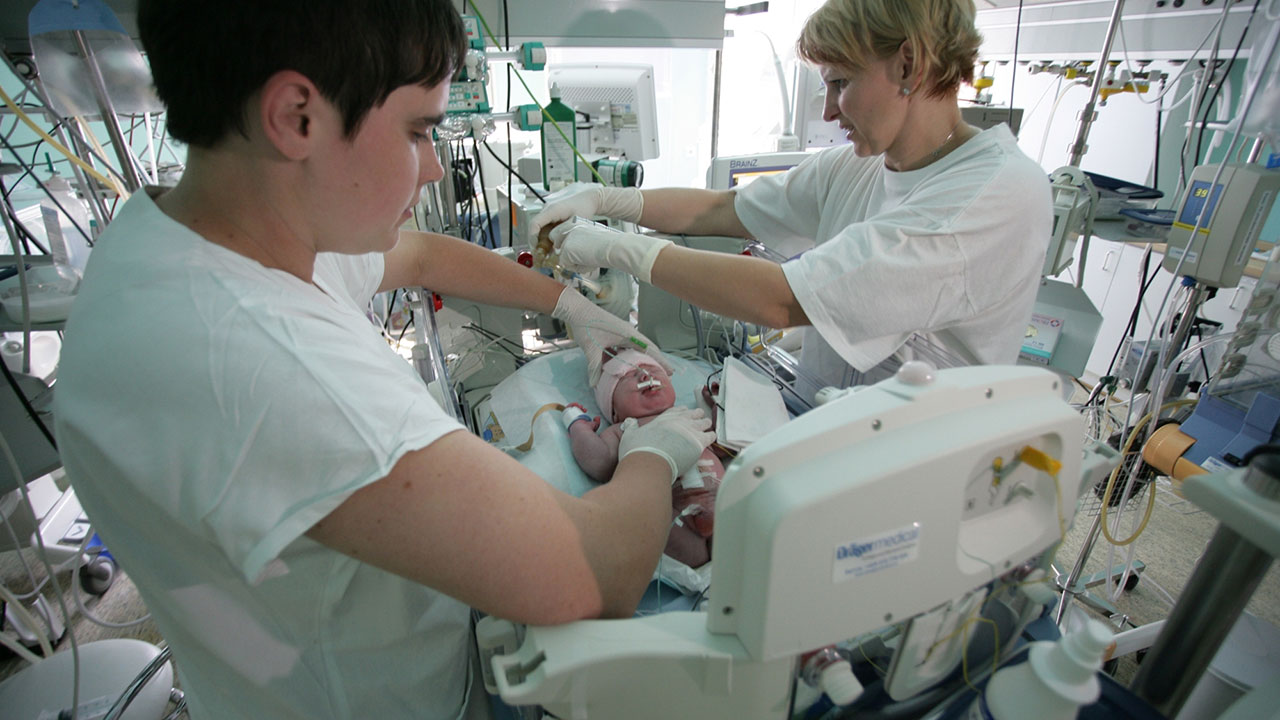
The European Union sets an objective of a high level of human health protection in the definition and implementation of all its policies and activities.
To reach this objective, the EU supports disease prevention and health promotion, cooperation between health systems, cross-border health and cooperation on e-health, rare diseases and health technology assessment, medicinal products and medical devices, and tobacco control.
It also includes protecting the health and welfare of farm animals and guaranteeing food safety and sustainability. Our EU team provides evidenced-based monitoring and evaluation services in these areas with the ultimate purpose of contributing to informed policy-making that will enhance health and safety of citizens globally.
Project highlights

Evaluating national policies on antimicrobial resistance
Every year, around 35,000 people in the European Union and European Economic Area (EU/EEA) die the ability of bacteria, viruses, fungi and parasites to develop resistance to the drugs that treat infections. The issue of antimicrobial resistance (AMR) is also estimated to cost EU/EEA countries nearly €11.7 billion annually, including €6.6 billion in additional healthcare expenses and €5.1 billion in economic losses due to reduced workforce participation.
We have led two studies to support the European Commission’s efforts to combat AMR:
- We have led a study to identify and analyse potential barriers to national policies against AMR in the 27 EU Member States, Norway and Iceland. The report can be found here.
- We have also supported the European Commission in the development of a monitoring framework to monitor EU action plans to combat antimicrobial resistance. The report can be found here.

Assessment of the EU Health Policy Platform
As part of the European Commission’s commitment to strengthening collaboration in health policy, they established the EU Health Policy Platform (HPP)—an online tool designed to facilitate cooperation and information exchange among health stakeholders. Our team at Tetra Tech was tasked with providing DG SANTE with robust evidence on the Platform’s use and effectiveness, ensuring it continues to be a valuable resource across Europe.
The study assessed key aspects of the Platform, including its diverse networks, Open Live Webinars on EU health initiatives, and past editions of the EU Health Award. It examined the Platform’s relevance, efficiency, coherence with EU health policies, and overall impact. Based on these findings, our team identified areas for improvement and proposed new features and services to enhance its functionality and engagement. The results of this evaluation can be found here.
Evaluation of the EEA/Norway Grants health programmes
Through the EEA and Norway Grants (2014-2021), Iceland, Liechtenstein, and Norway invested in health-focused projects to strengthen healthcare systems, improve access to services, and address major public health challenges. With €81 million allocated to European Public Health Challenges, the funding supported disease prevention, cancer care, mental health, and initiatives to reduce health disparities—particularly for vulnerable groups such as Roma populations and rural communities.
Additional projects under related programme areas helped drive healthcare innovation, strengthen primary care, and promote healthy lifestyles. Together, these efforts have contributed to more resilient and equitable health systems across Europe.
Our team at Tetra Tech is supporting the FMO in evaluating the health programmes and projects funded between 2014 and 2021.
